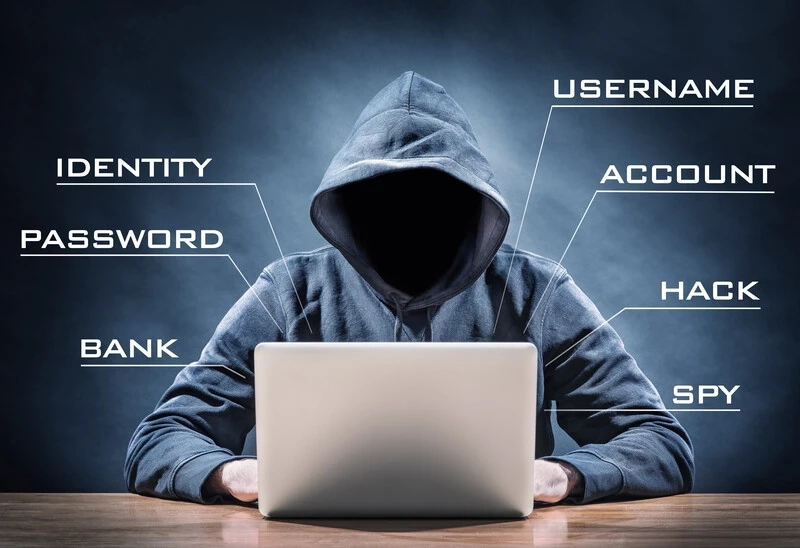In a world where information is stored online, ensuring the confidentiality and security of this information is important. While using the necessary techniques to prevent hacking is vital, the efforts are not always successful since hackers are sharpening their skills all the time.
Long before requiring the services of a computer hacking forensic investigator, it’s important for organizations and individuals to be aware of the techniques that hackers use so they can take the necessary precautionary measures.
Here are a few hacking techniques to watch out for:
Cracking Passwords
Passwords are used to identify users and give access to a device or platform. Most hackers are also experts in technology, so they can use malicious software to trick users into revealing these confidential details. The process usually takes the form of legit-looking attachments, which end up encrypting your files when downloaded. As a result, you are denied access and trying to regain access opens doorways for the hacker to take control of your accounts.
Another technique they use is calling users and posing as technical support. They will ask questions meant to disclose usernames, passwords, and answers to secret questions that open your accounts.
A computer forensic specialist needs to be aware of all the techniques and tools that hackers use to crack passwords. This way, they can establish how the cracking was done and track any malicious activity thereafter.
Bait and Switch
This technique uses trusted advertisement websites to trick users into visiting the sites. When websites sell advertising space, hackers may purchase the space. After purchasing, they submit a genuine advertisement to the network. Once approved, they switch the genuine advertisement and replace it with a malicious attachment, which, when downloaded, blocks the user from accessing their computer.
Alternatively, the hacker may program the genuine website in a way that redirects you to a malicious website. This hides the identity of the hacker and it might be very difficult even for a computer hacking forensic investigator to detect.
Keylogging
A keylogger is a program that secretly monitors and captures the key sequence and strokes of your keyboard into a log file on your machine. A keylogger is harmless if used for the right purpose, as an employer may use it to keep track of what an employee is doing on their computer. In the hands of hackers, however, it can be dangerous. They use this program to get confidential information like passwords without being noticed.
In case of a security breach, a computer forensic specialist can use the keystroke data to investigate, provide additional forensic information, and hopefully fix the problem. The best way to avoid keylogging is by using one-time passwords, virtual keyboards, or installing antivirus software.
Cookie Theft
Websites use cookies to store confidential data like passwords and usernames. Once password and username are in the cookie, a user doesn’t have to keep re-entering them every time they want to use a website.
Hackers may steal the cookies using extensions that can detect and copy cookies over to a wireless network. Once they access the cookies, the hacker identifies themselves as the real user of the site. This way they have access to all the websites and information on the computer.
Users can regularly clear cookies to prevent hackers from accessing that information. This may be inconvenient as you have to re-enter passwords anytime you log on to a website, but in the long run, your information is safe.
Source: http://www.netsecurity.com/digital-forensics-investigation-services/


